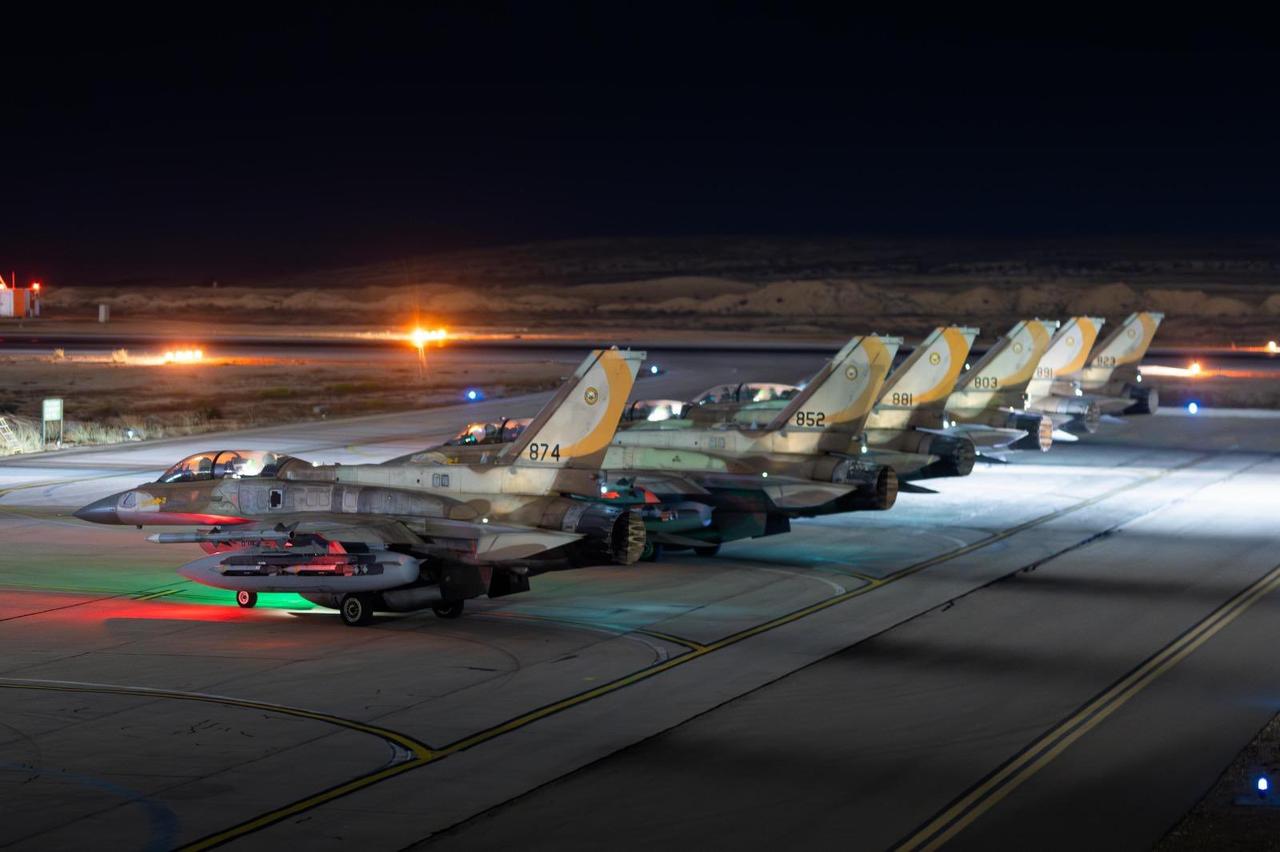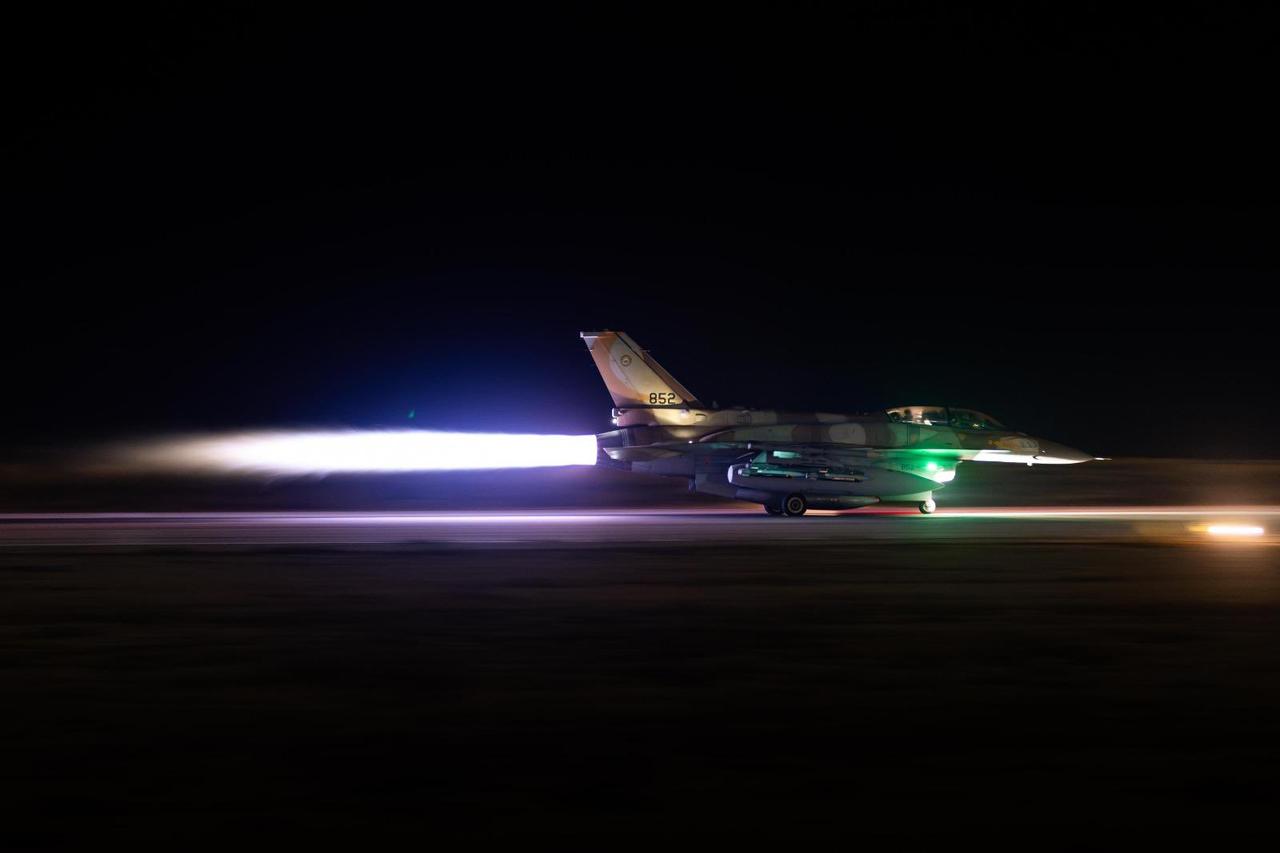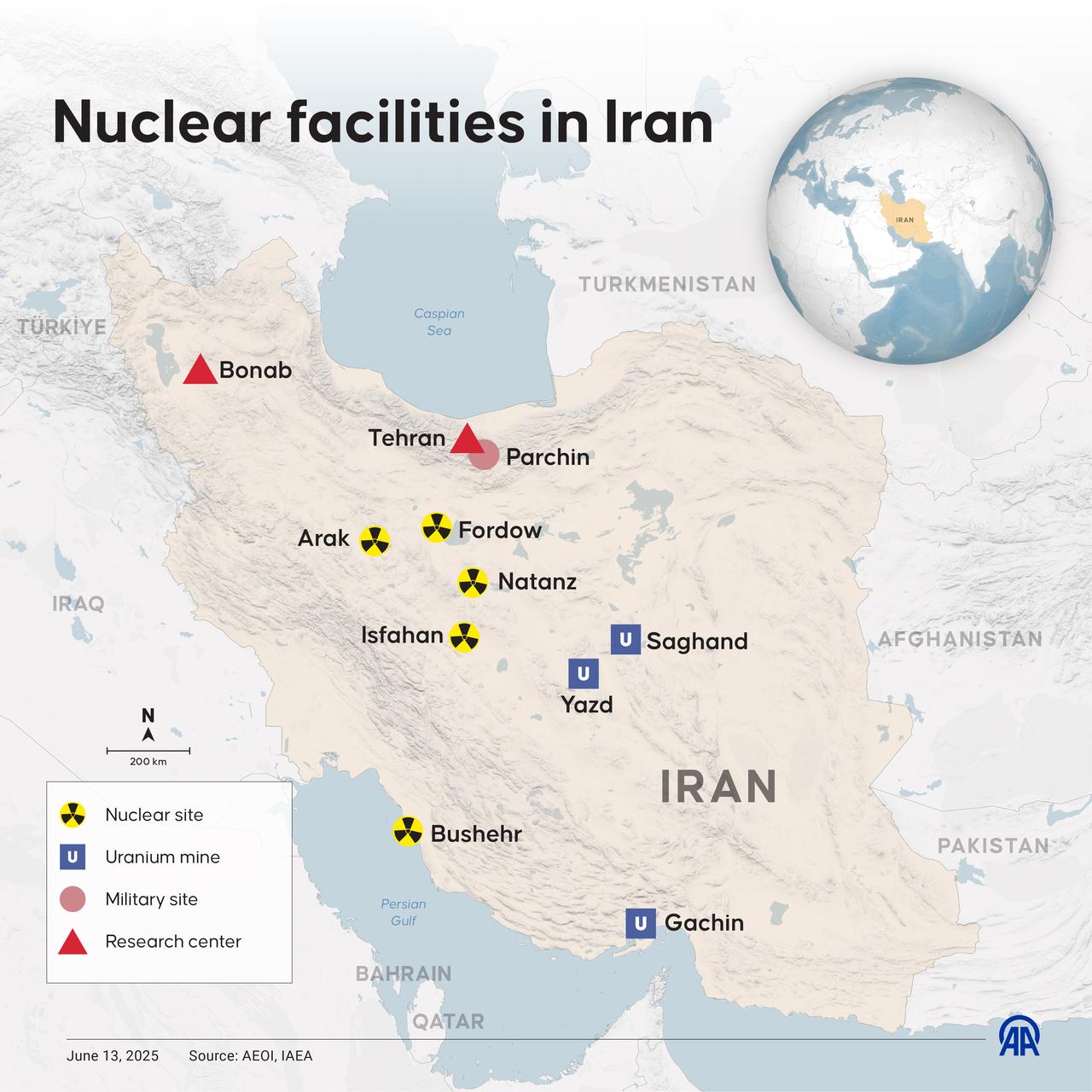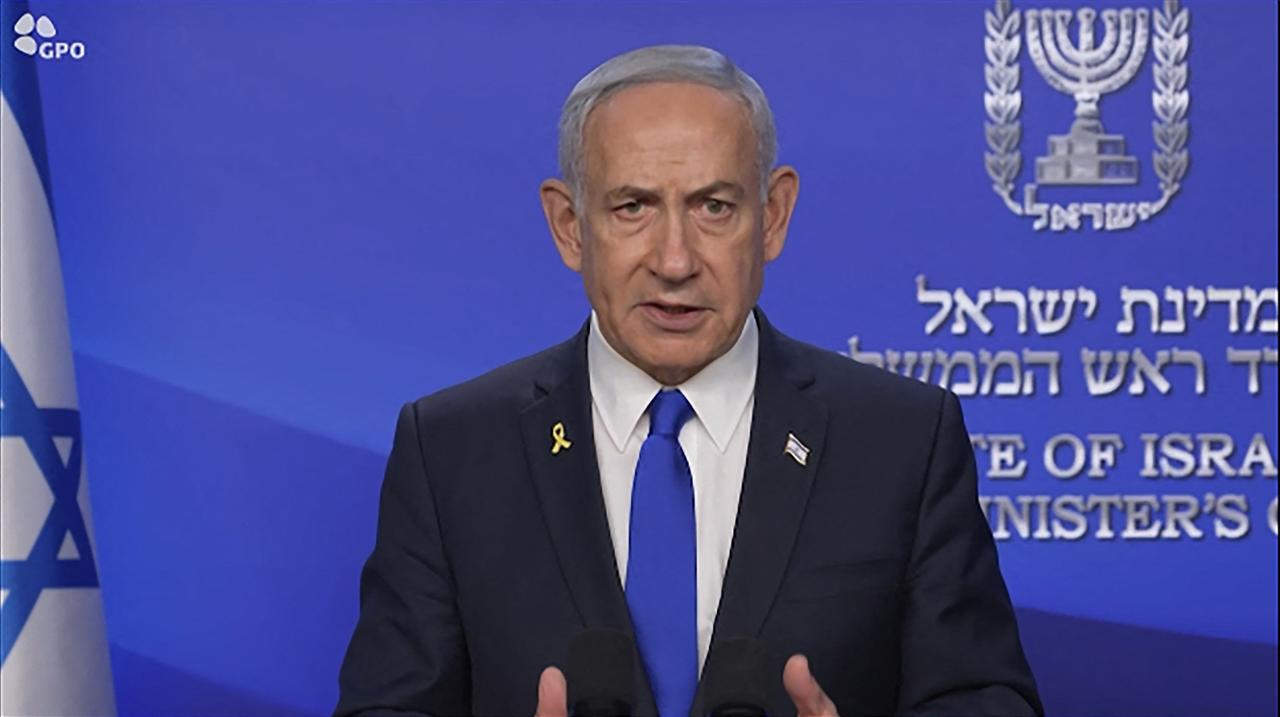
Israeli military spokesman Brig. Gen. Effie Defrin confirmed that 200 Israeli planes dropped 330 munitions during Friday's strikes on Iran, while Iran launched over 100 drones toward Israel in response.
"Interception efforts are ongoing," Defrin said, warning that Israel faces a "rough few hours" as it prepares for Iranian retaliation.
Iran's semi-official Tasnim news agency reported that six nuclear scientists were killed in the Israeli strikes: Abdulhamid Minouchehr, Ahmadreza Zolfaghari, Seyyed Amirhossein Faqhi, Motablizadeh, Mohammed Mehdi Tehranchi, and Fereydoun Abbasi.
"With this action, the Zionist regime showed that its real goal is science and technology, and it has come to war against our scientists using the tool of terror," Tasnim reported.

The Israeli military said it had gathered intelligence showing Iran was advancing a "combined ground offensive against Israel on multiple fronts simultaneously."
According to the Israeli army statement, Iran was "manufacturing tens of thousands of missiles and UAVs" while pursuing nuclear weapons as part of a "concrete plan" reportedly called "The Destruction of Israel Plan."
"The State of Israel was left with no choice," the military said. "The Israeli army is obligated to act in order to defend the citizens of the State of Israel and will continue to do so."

Israeli army spokesman Defrin stated what he called a secret Iranian nuclear weapons program during a briefing to journalists.
"We are now revealing for the first time, based on intelligence, that the Iranian regime has established a secret programme," Defrin said. "Senior nuclear scientists in Iran secretly conducted experiments to advance all the necessary components for building a nuclear weapon."
The Israeli military said accumulated intelligence showed Iran was approaching the "point of no return" on its nuclear program, with capabilities to enrich uranium to military-grade levels "within a short period of time."

Defrin confirmed the assassination of several top Iranian military officials in the strikes:
Israeli jets also "attacked and damaged" Iranian air defense systems during the operation, according to Defrin.

Iranian Parliament Speaker Mohammad Bagher Ghalibaf condemned the attacks on residential areas and vowed Iran would not relent in pursuing Israel.
"The criminal Zionist regime, by attacking residential centers, showed that it is the greatest enemy of humanity and the most savage enemy of every member of the Iranian nation," Ghalibaf said in a written message.
"We will not let go of the Zionist regime. They started this, but Allah willing, we will finish it," he added, promising that "this revenge will be taken in any form."
According to Iranian reports, Israeli strikes targeted Tehran, Tabriz, the Natanz nuclear facility in Isfahan, as well as Lorestan and Kermanshah provinces. The attacks on residential areas in Tehran resulted in civilian casualties.

Israeli Prime Minister Benjamin Netanyahu announced the strikes as "Operation Rising Lion," stating it would continue "for as many days as it takes to remove this threat."
"We are at a decisive moment in Israel's history," Netanyahu said in a video statement as jets began attacking Iran.
The operation targeted nuclear facilities, ballistic missile factories, and military commanders as part of what Israel described as a prolonged campaign to prevent Tehran from building atomic weapons.